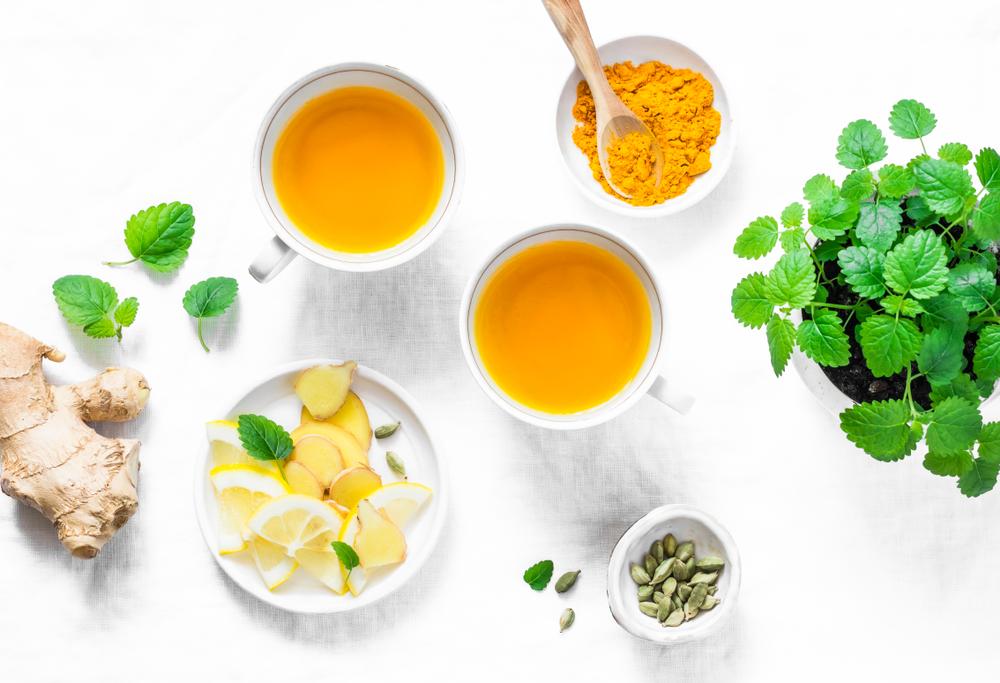We all know that exercise, adequate sleep, fruits and vegetables, and fiber support a healthy heart, but perhaps we should consider adding some spice to that winning combination. Some researchers have been looking into the heart-healthy features of several of the more popular spices we use to perk up our food, and the news is encouraging.
Interest in and use of medicinal herbs and spices has been around for millennia and enjoyed by peoples from various societies and cultures around the world. In recent years, researchers have been delving into the reasons why these plants have been time-honored and putting a “scientific seal” on many of them.





